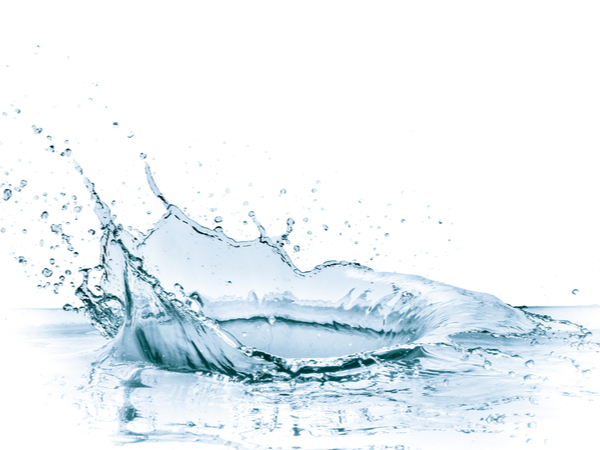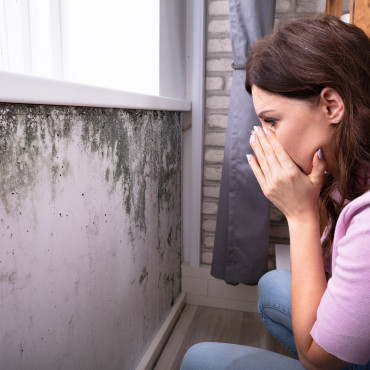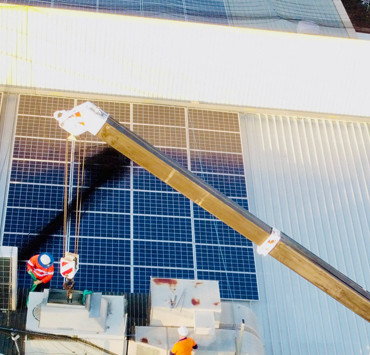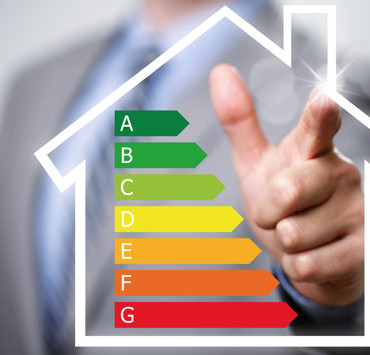Brisbane is a wonderful place to live but there is one near-constant that leaves little to be desired. That is the humidity. It can make life difficult at the best of times and miserable at the worst. Even worse, if your Heating, Ventilation, and Air Conditioning (HVAC) system isn’t functioning at its best or you aren’t doing your part to maintain it, it can lead to excessive condensation and possibly dripping that can lead to water damage. Luckily, the majority of reasons that the HVAC system in your Brisbane home or office might start dripping are easily correctable without the need to call in professionals.
Why do HVAC systems drip
Condensation is a natural by-product of how air conditioners function. Just as a cold beverage will gather droplets of water from the air in warm humid conditions, when your AC cools the air it is going to cause a certain amount of condensation to occur. In a well-maintained and properly functioning system, there will be a minimal amount of water gathered and it will easily and safely be disposed of either by drain lines or evaporation.
The keywords here are a “well maintained and properly functioning” system. If your system is putting out an unusually large amount of water or drips develop from anywhere other than the installed drain lines there are issues afoot and steps need to be taken. These situations rarely correct themselves and early intervention can help avoid costly repairs.
The most common reasons that an HVAC system starts dripping are:
- System overload
- Air infiltration
- Clogged drain
- Frozen evaporator coils
- Pipes that are not connected correctly
- HVAC system overload
If your Brisbane HVAC system is dripping excessively it can be due to being overloaded by the way your household is managed. If doors and windows are left open or opened and closed an excessive number of times then your AC never has a chance to fully cool the structure and cycle off as it is designed to.
No system is designed to cool the whole outdoors. The longer it needs to run the more water it is going to condense. Still, this shouldn’t be enough that the drain system shouldn’t be able to handle it.
Another common cause of system overload is buildings being remodelled or expanded without the HVAC being upgraded to account for changes in airflow patterns or additional areas to be cooled. In these cases, a larger unit or additional units may be required and professional HVAC technicians should be consulted.
Air infiltration
If you have a condensation issue due to air infiltration then you have a two-fold problem. One moist outside air is reaching the area where your unit and/or ductwork is located and two, your unit or ductwork is not properly insulated.
You will need to inspect your system and look for loose or missing insulation and repair any areas where it has been damaged. You will also need to look for how the moist air is entering and seal those areas to the best of your ability.
Clogged drain
HVAC units will generally have a drip pan to catch condensation and a drain line to carry it away safely. Sometimes this line can become clogged with mineral build-up, algae or dust and debris. In most cases, you can attach a wet/dry vacuum to the line and suck the clog out. If it is a recurring problem, you might consider having an overflow shutoff switch added to your system or having the drain line inspected and replaced if needed.
Frozen evaporator coils
Evaporator coils can freeze for several reasons and can cause drips when they thaw. They could simply be dirty and need cleaning. Your air filter could need replacing or your system may be low on coolant. You can replace your filter and clean your coils with a low-pressure water spray or coil cleaner available at most home improvement stores. If the problem persists it is time to call in the professionals.
Pipes that are not connected correctly
Drain lines and even ductwork can become damaged by vermin or just normal wear and tear over time. If either occurs it can lead to water dripping. From the drain line, it is simply a leak that needs to be repaired. With the ductwork it is caused by cool air escaping the system and mixing with the humid Brisbane air. Either is a straightforward fix. Just remember to properly insulate your ductwork after repairing it.





